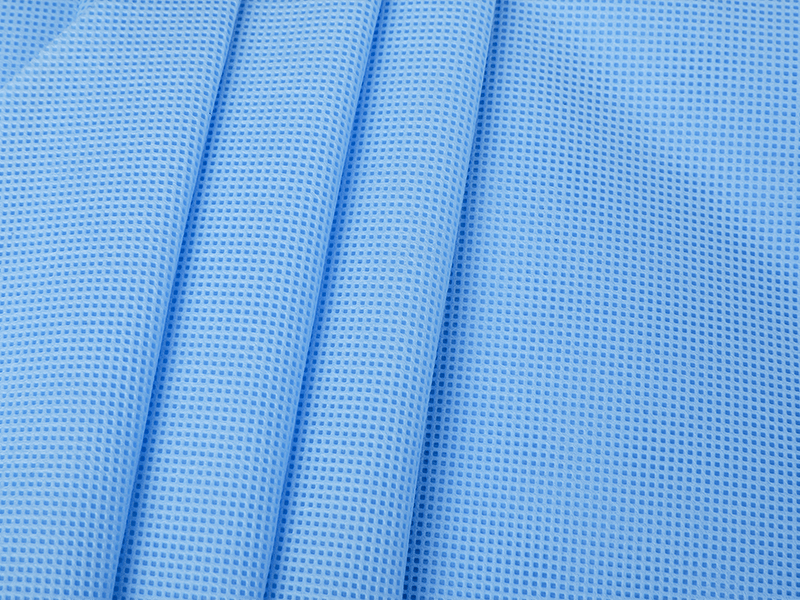Industrial nonwoven fabric is a material widely used in various fields, and its performance is affected by the selection and composition of the material. In the production of industrial nonwoven fabrics, the type of polymer or fiber commonly used has an important impact on its performance. This article will introduce the types of polymers or fibers commonly used in industrial nonwovens and explore the impact of material selection on their performance.
Polypropylene (PP)
Polypropylene is one of the most commonly used polymers in industrial nonwoven fabrics. It has good heat resistance, corrosion resistance and mechanical strength while also having lower cost. Industrial nonwoven fabric made of polypropylene fiber has excellent abrasion resistance, tensile strength and water resistance, and is suitable for various application scenarios.
Polyester (PET)
Polyester is another polymer commonly used in the production of industrial nonwoven fabrics. It has excellent tensile strength, abrasion resistance and chemical resistance. Industrial nonwoven fabric made of polyester fiber has high strength and durability, and is suitable for applications that need to withstand large tension and friction.

Nylon (PA)
Nylon is a synthetic fiber with good strength and abrasion resistance. Industrial nonwoven fabric made of nylon fiber has high abrasion resistance, tensile strength and chemical resistance, and is suitable for applications requiring high strength and durability.
Other fibers
In addition to polypropylene, polyester and nylon, industrial nonwoven fabric can also use other fiber materials, such as polyethylene, polyurethane, aramid, etc. These fiber materials have their own characteristics and advantages and can be selected based on specific application needs.
Impact of Material Selection on Performance
Material selection has an important impact on the performance of industrial nonwoven fabrics. Different polymers or fiber types have different physical, chemical and mechanical properties, thus affecting the strength, abrasion resistance, chemical resistance, breathability and other aspects of industrial nonwoven fabric. When selecting materials, factors such as application scenarios, performance requirements, and cost need to be comprehensively considered to achieve optimal performance and economic benefits.
The material selection of industrial nonwoven fabric has an important impact on its performance. Commonly used polymer or fiber types such as polypropylene, polyester, and nylon have different characteristics and advantages, and the appropriate material can be selected according to specific needs. The selection of materials will directly affect the strength, wear resistance, chemical resistance and other aspects of industrial nonwoven fabric. Therefore, reasonable material selection is required during the production process to optimize the performance of industrial nonwoven fabric.


